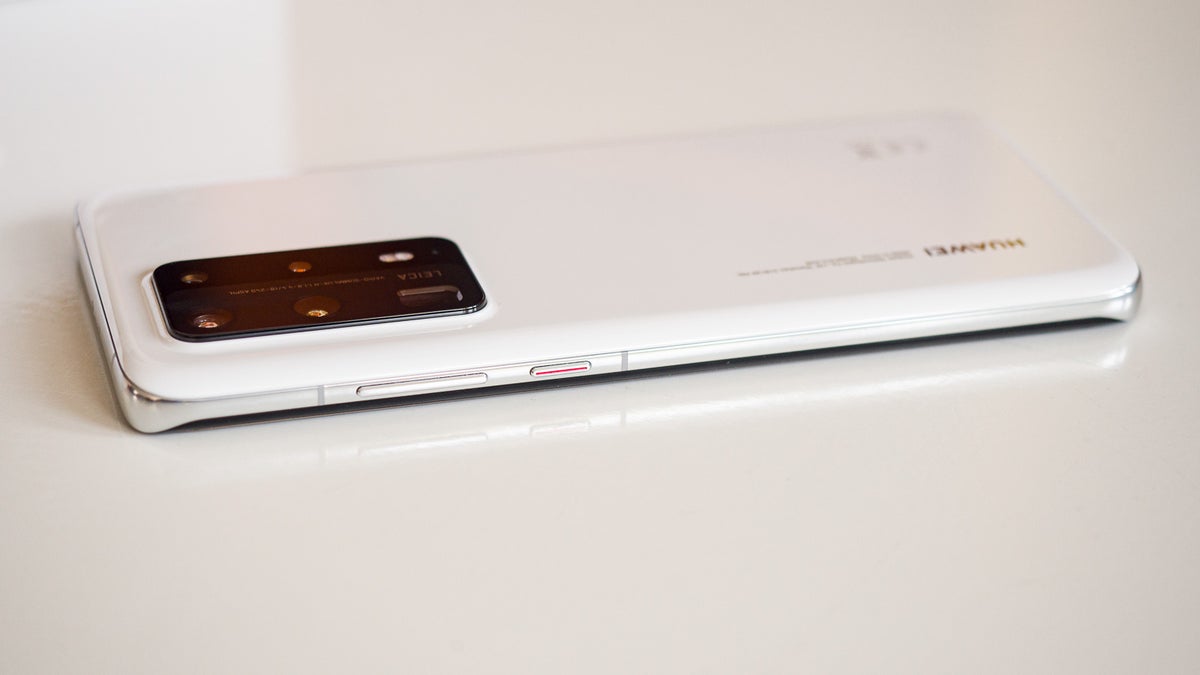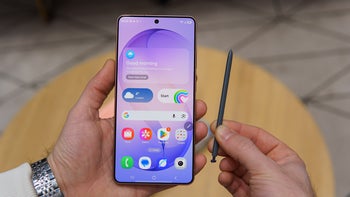Qualcomm reportedly begins efforts to sell smartphone chips to Huawei

The inevitable has finally happened. Huawei has said that in current circumstances its subsidiary HiSilicon cannot make chips any longer. That's why the upcoming Mate 40 will be the last phone to be powered by a Kirin SoC. As expected, Qualcomm is now trying to persuade the US government to let it sell chipsets to the Chinese company, according to The Wall Street Journal.
Export ban will affect Qualcomm more than Huawei, argues the chipmaker
Huawei has no choice but to buy chips from other vendors and Qualcomm wants to step in before any other company does. The chipmaker argues that the export ban wouldn't stop the Chinese company from obtaining the required components from non-US companies and the opportunity cost would be billions of dollars.
Qualcomm warns that this would give the 5G chipset market share to its rivals in China and other countries. Earlier this year, HiSilicon overtook Qualcomm as the number one chip supplier in China. Since being put on the entity list by the US, Huawei has increased its focus on its home country. And if it will no longer make its own chips, that market share would go to Qualcomm's rivals.
That's why, Qualcomm is eager to sell its 5G-enabled SoCs to Huawei. The company says the market is worth as much as $8 billion annually.
President Donald Trump's administration wants to boost America's technological competitiveness and this could work in Qualcomm's favor. If it gets the license, it will be able to generate billions of dollars in revenue and invest more in the development of new technologies. It also insists that if the license is denied, Huawei wouldn't be affected as it could get its components from somewhere else.
According to an earlier report, Qualcomm's request would also be granted. If this indeed happens, next year's P50 and Mate 50 will probably feature a Snapdragon chip.
Follow us on Google News














Things that are NOT allowed:
To help keep our community safe and free from spam, we apply temporary limits to newly created accounts: